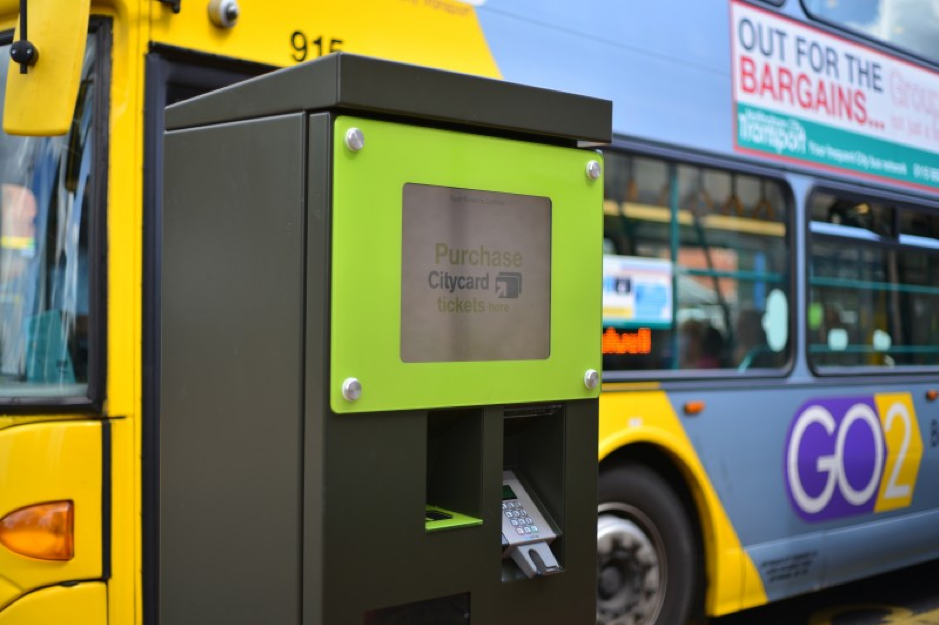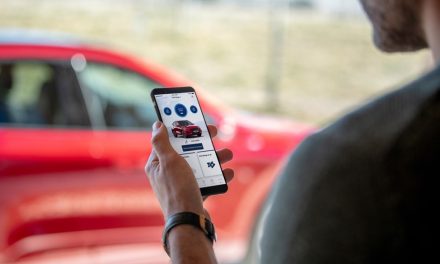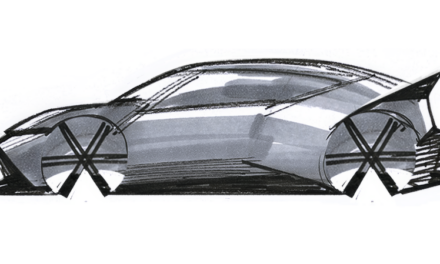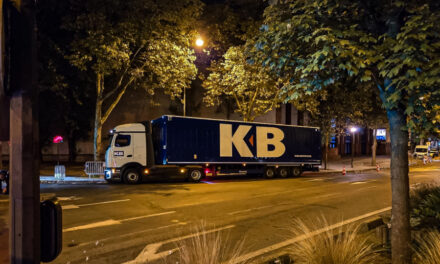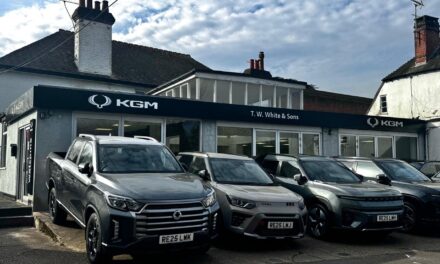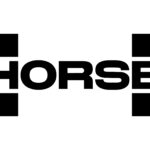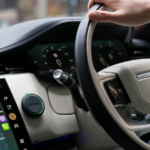As Brexit uncertainty continues, economists are beginning to count the potential cost of this outcome.
This could be particularly damaging for the north of the country, with a no-deal Brexit likely to cost the prosperous north west economy an estimated £20 billion a year.
This could disrupt a number of projects in the region, whilst also hindering attempts to create a more efficient and cost-effective public transport service.
There are currently several ways in which public transport in the North West can be improved, however, including the following:
Increase the Bus Frequency
While there are complex projects aimed at improving public transport, it’s arguable that simple measures may prove to be the most effective.
This is certainly true from the perspective of passengers, who simply want to see an increase in the frequency of buses along major routes. This is a more important consideration than speed or comfort, as a regular and reliable service offers true value to travellers.
So, by investing in transport and getting more buses out on the road, plus adopting new technologies such as Real-time-information (RTI) operators can instantly improve their service in the eyes of customers and minimise instances of disruption during peak travel periods.
Create an Efficient Transport Ticketing System
Another major stumbling block with public transport is the existing ticketing system, and while this is improving the notion of exchanging cash for paper tickets seems extremely outdated in the digital age.
With this in mind, operators must focus on integrating efficient and SMART ticketing systems into the services that they provide, with so-called ‘tap and go’ platforms allowing passengers to pay fares and store tickets on their smartphone or SMART cards with microchips that allow passengers to pay for their travel via ticket vending machines.
Companies like Cammax are at the heart of this revolution, having developed SMART ticketing machines that dramatically reduce boarding times and negate the need for use of cash on buses and other modes of transport.
By contributing towards a more efficient and expeditious boarding experience, customer satisfaction is increased while bus frequency can be improved incrementally over time.
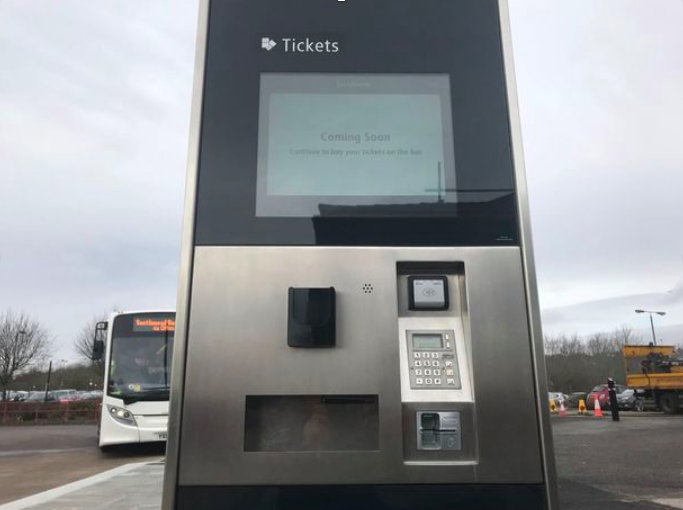
Reduce the Greenhouse Gases Reduced by your Vehicles
If you’ve ever seen exhaust fumes spewing from buses, you’ll be aware that this represents a significant concern for public transportation in the UK.
This is also an increasingly important influence in the minds of consumers, with commuters now inclined to make more informed decisions that take into account the environment impact of the transport that they use.
Of course, a diesel bus packed with 40 passengers is far more Eco-friendly than 40 individual diesel cars, but there are still negative impacts associated with this method of transportation.
As a result, progressive operators are continuing to focus on reducing the greenhouse gases produced by their vehicles, with the introduction of zero-emission buses becoming increasingly commonplace.
Offer your Passengers Access to a Transit App
As a public transport operator, it’s important that you offer an efficient and ultimately accessible service to your passengers.
One of the best ways to achieve this is to download a transit application, which enables users to register for an account before accessing collated travel data, reviewing real-time bus times and booking tickets.
These apps help you to both plan your journeys and book the necessary tickets, while also advising you of any bus or travel delays that are impacting specific routes.



